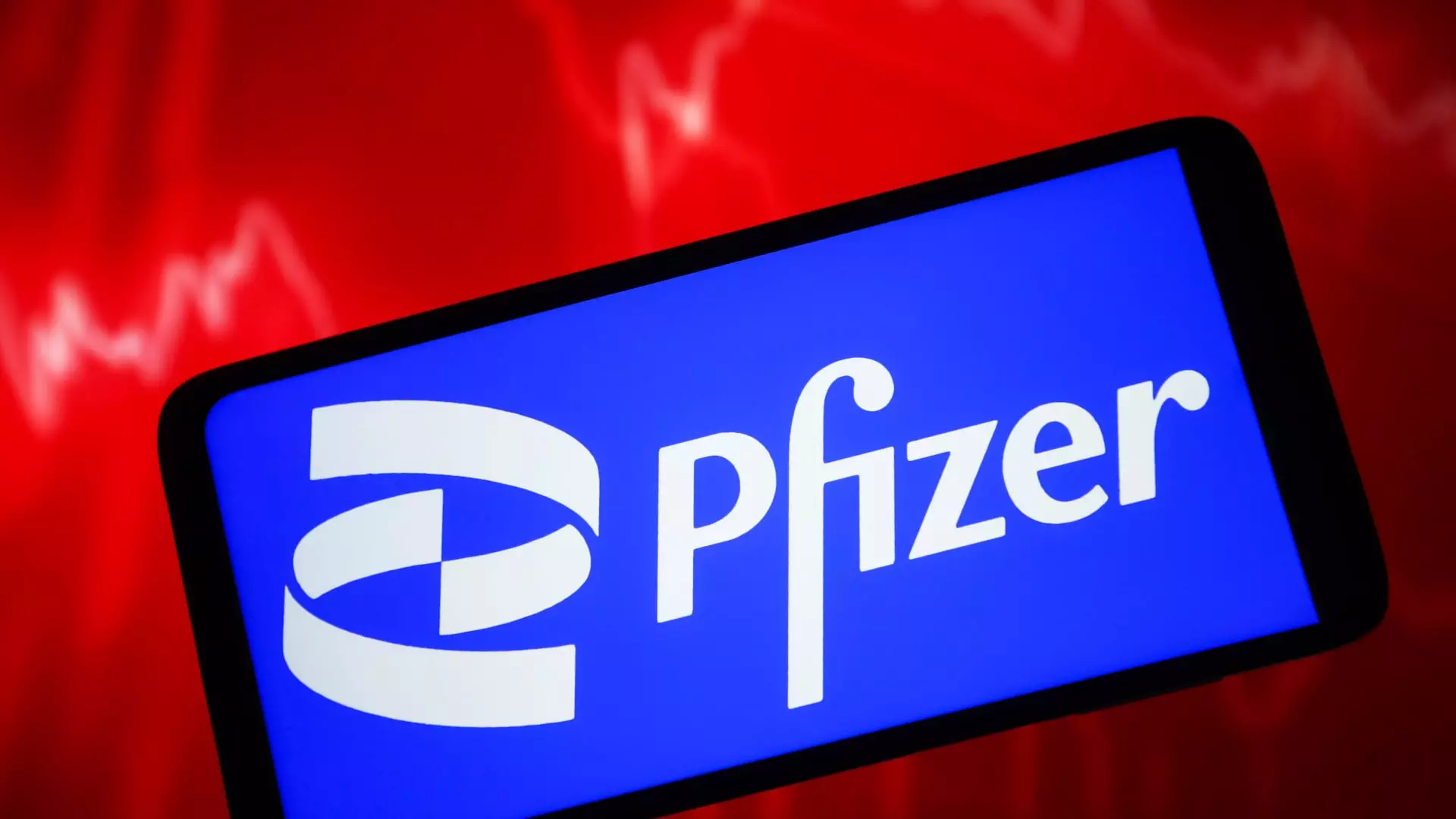The recent approval by the Food and Drug Administration of Pfizer’s gene therapy for a rare genetic bleeding disorder marks a significant milestone for the company. This approval paves the way for Pfizer to enter the gene therapy market in the U.S., offering a one-time treatment for adults with moderate to severe hemophilia B. Let’s delve deeper into the implications of this approval and what it means for the future of gene therapy treatments.
Hemophilia B is a debilitating condition caused by the deficiency of factor IX, a protein essential for blood clotting. Patients with hemophilia B often face challenges such as frequent bleeding episodes and painful joint damage. The current standard treatment involves administering factor IX multiple times a week or month, which can disrupt patients’ lives and lead to medical and treatment burdens in the long term. Pfizer’s gene therapy, Beqvez, aims to address these challenges by enabling patients to produce factor IX themselves and effectively prevent and control bleeding.
Implications of Pfizer’s Approval
The approval of Beqvez is a significant achievement for Pfizer, as it marks the company’s entry into the gene therapy market. Pfizer’s focus on developing innovative treatments for rare diseases like hemophilia B is a step towards diversifying its portfolio and addressing unmet medical needs. By investing in gene and cell therapies, Pfizer is positioning itself as a key player in the rapidly growing field of advanced therapeutics.
One of the key considerations for gene therapies is the cost of treatment. While Pfizer has not disclosed the pricing for Beqvez, similar treatments like Hemgenix have a hefty list price of $3.5 million before insurance and rebates. The high cost of gene therapies, coupled with logistical challenges, has limited the uptake of such treatments in the past. Pfizer will need to carefully consider the pricing strategy for Beqvez to ensure accessibility and uptake among patients.
Looking ahead, Pfizer is seeking FDA approval for its experimental antibody, marstacimab, to treat both hemophilia A and B. This highlights the company’s commitment to developing innovative treatments for a range of rare diseases. As gene and cell therapies continue to advance, the landscape of disease management is likely to undergo significant changes. These one-time treatments have the potential to replace traditional lifelong therapies and offer more efficient and effective solutions for patients.
Pfizer’s approval of Beqvez represents a significant milestone in the field of gene therapy. This innovative treatment has the potential to transform the lives of patients with hemophilia B and reduce the medical and treatment burden associated with the condition. As Pfizer continues to invest in advanced therapeutics, the future looks promising for patients in need of new and effective treatment options.

